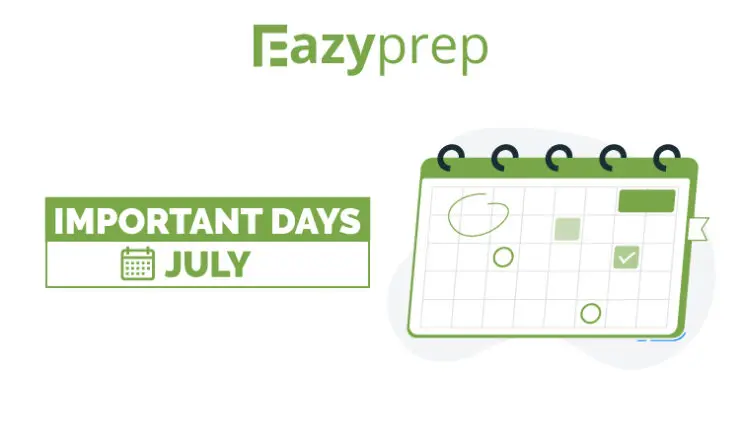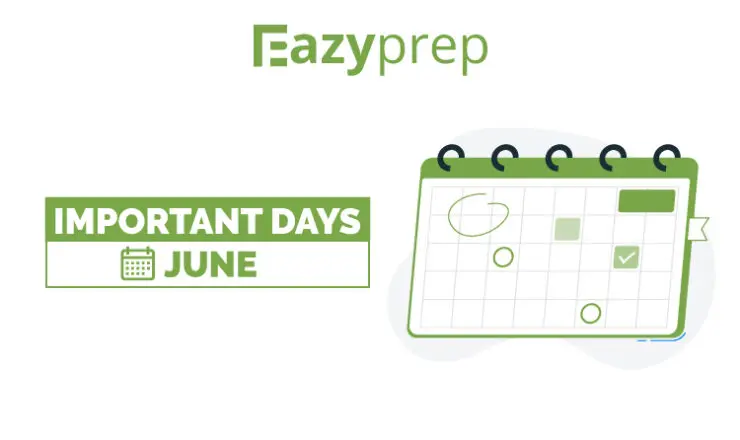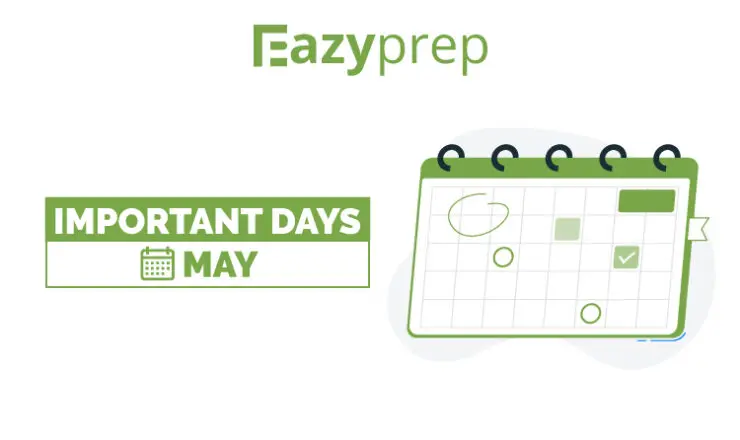![]()
“Instead of letting your hardships and failures discourage or exhaust you, let them inspire you. Let them make you even hungrier to succeed.”
Michelle Obama
Failures are inevitable. Failures are a part of your life. Life is like an exam where there are various hardships as well as various success stories.
Studying hard for an exam or entrance and then not getting through it is one of those types of failures that makes us feel very bad about ourselves. Don’t think you are alone in this phase, all of us have faced it, in fact, I still remember the day of the result when I couldn’t crack DUJAT. I felt like a loser that day!
However, after every storm comes the rainbow, and likewise, even if you don’t get through any exam, there are probably hundreds of different options to choose from. And that is what we are going to talk about here, which is having a Plan B in case you don’t clear any exam. The important thing to be acknowledged here is to not lose hope and always face your failures with an optimistic mindset.
The following are some of the ways you can chalk out your decision-making process in case you do not clear any entrance.
1. Planning a ‘career options’ chart well in advance
Before joining any course or university, it is imperative to make a list of subjects or courses you are genuinely interested in. This is known as making a ‘Career options chart’. Basically, you need to write down all the subjects that you feel you can study further or any of the courses such as BBA, Hotel management that you can pursue. You can easily check out what all are the subjects taught in these courses and then decide for yourself. This way even if you do not clear any entrance or any exam, you can always go back to the chart that you prepared and go for the next suitable course or subject written in that.
This activity is not very difficult to do. You just need a clear picture of your interests and jot down whatever you feel is good for you.
Plan B Action plans:
- For Science students:
Bachelors in any of the science subjects, engineering, biotechnology, pharmacy, dairy technology, BBA, BCA, architecture, etc.
- For Commerce students:
Bachelors in accountancy and economics, B.Com, BBA, etc.
- For humanities students:
Bachelors in any of the subjects, fashion industry, animation, law, languages, liberal studies, etc.
Always remember to keep your options open and do not be hesitant with just one course or subject.
2. Joining a private university for the same course
Sometimes we aspire to do the course from the best universities and best colleges across India. But unfortunately, sometimes things don’t go as planned. Most students aspire to join IITs, NITs, or the government colleges because these are considered to be prestigious. But even if you don’t get into these institutions, you can always pursue the same course from any other private university. Though I agree it won’t be the same experience you can always develop your own skills and knowledge to be ready for the career aspect. In fact, nowadays with UGC, almost all the colleges have the same syllabus, so it’s not like you will miss out on some things.
Action plans
- If you don’t get the preferred college, opt for a preferred subject or course.
- Later on, you can look for extra courses or internships to gain experience in a particular field.
These days private universities also give immense opportunities in terms of field trips, summer abroad programs, and internships, or research opportunities.
3. Explore related professional courses
By professional courses, I mean those courses that can be pursued side by side without any admission to colleges or universities. Chartered accountancy and Company Secretary known as CA and CS are some of those subjects that can be pursued right after class 12th. You just need minimum marks for application and then study at your own pace for the exams. Once you become a CA or CS, you can get a job in the concerned profiles.
Actions plan
If you feel pursuing a full-time degree from a private university is not your option, you can go in for these courses and study a degree subject from open colleges.
- DU and IGNOU offer you with degrees that can be pursued through open colleges.
4. Taking a gap year
You can even take a gap year and prepare yourself better for next year’s examination. If you feel that you did not clear an exam merely because you did not get the time for its preparation, it’s a good idea to take a gap year. Although it’s normal for medical and engineering aspirants to take a gap year, it is alright to take a gap year even if you are not from these backgrounds. I have seen my friends taking a gap year for law and BBA also. Along with studying, you must also ensure that you are doing any activities in this period that enriches you as a person.
Action plans
- While taking a gap year, enroll yourself for any 6-month course or maybe get a part-time job or internship.
- For part-time jobs and internships, check out these sites indeed.com, simplyhired.com, internshala.com, etc.
- You can even sign up with any NGO for volunteering services.
The idea is to involve yourself in activities apart from studying because taking a gap year can be frustrating at times. These activities will later on also add to your resume and work experience.
5. Pursue a diploma or vocational course
A diploma or vocational course is a short duration course that is usually for 6 months to 2 years depending on the course that you are doing. These courses are degree courses but they make you career-ready by focussing on academic skills, technical skills, and industry-specific skills. A lot of new-age careers rely heavily on these diplomas. These can be pursued with minimum eligibility of marks say 50% in class 12th.
Usually, diploma or vocational courses are available for all graduate-level courses like engineering, hotel management, etc. You can even pursue specific vocational courses like a game designer, event management, digital marketing, diploma related to programming, etc.
You see there are so many options to think about and to take up in case you do not clear any entrance. In fact, it’s just not about having a plan B, you can have a plan C and plan D as well. It’s understandable that these times turn out to be quite tough, but then at the end, it’s all about staying positive and doing that you can do. Instead of brooding over the past and feeling bad, do any of the above-mentioned actions and you won’t regret it! The best career paths are often designed by unplanned drawbacks.


